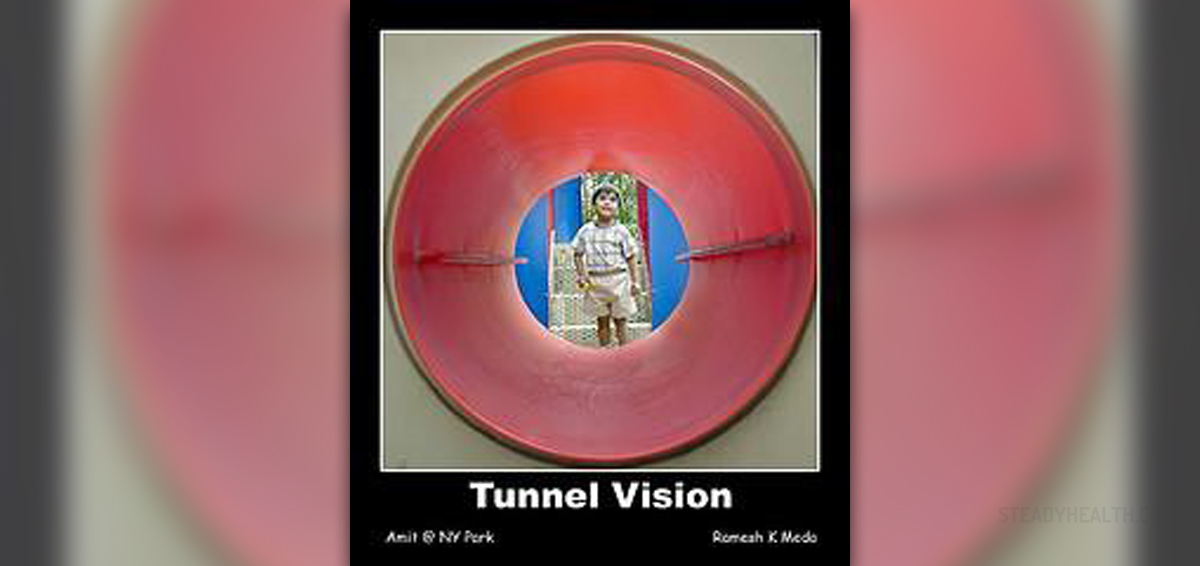
Peripheral vision problems are the ones that cause inability of one to see properly around the 'edges' and can only see the central part of the vision field. As a result a person may feel as he/she is seeing through a narrow tube. because of that the condition is frequently refer to as tunnel vision.
Many times the condition is characterized by problems seeing in dim light and decreased ability to navigate while moving.
Peripheral Vision Loss Causes
There are many conditions that can easily damage the optic nerve for good and initiate peripheral vision loss. For instance, this is reported to affect patients suffering from glaucoma and people who are in general dealing with high internal eye pressure.
Furthermore, eye stroke i.e. occlusion of blood vessels that supply the eye's internal structures (the optic nerve for instance) with blood may cause permanent damage to these structures and be blamed for either peripheral or central vision loss. Even brain stroke, the one affecting the sight center in the brain may be a reason behind peripheral vision loss.
Apart from the mentioned peripheral vision loss is additionally associated with detached retina, neurological damage to the optic nerve like optic neuritis, compressed optic nerve head (papilledema) and concussions or other head injuries.
Peripheral Vision Loss Treatment
Once peripheral vision loss occurs, there are no visual aids such as eyeglasses or contact lenses that can restore vision loss. However, such patients may sometimes benefit from a type of lenses known as a prism. This lens can be added to glasses and may expand the field of view of these patients to certain extent.
As far as glaucoma patients are concerned, they are supposed to keep their condition under control and this way prevent peripheral vision loss from occurring. Glaucoma is well controlled with medications and sometimes patients require surgery that will allow excess of fluid inside the eye to drain properly.
Blind spots affecting peripheral parts of the field of vision associated with brain damage may be sometimes treated as well. Recently discovered specific vision therapy techniques may be beneficial and help people restore at least some loss of peripheral vision.
Patients with permanent peripheral vision loss need special eyewear and optical devices and are taught how to cope with the condition and learn how to remain mobile and adapt to their condition.
Unfortunately, since peripheral vision loss interferes with driving, such individuals may not allowed to drive for the rest of their lives.


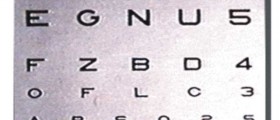





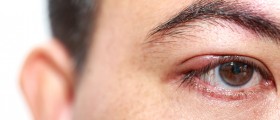

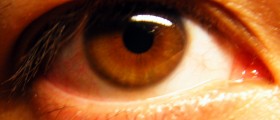

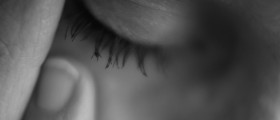

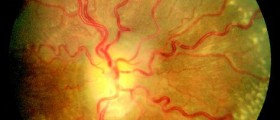


Your thoughts on this
Loading...